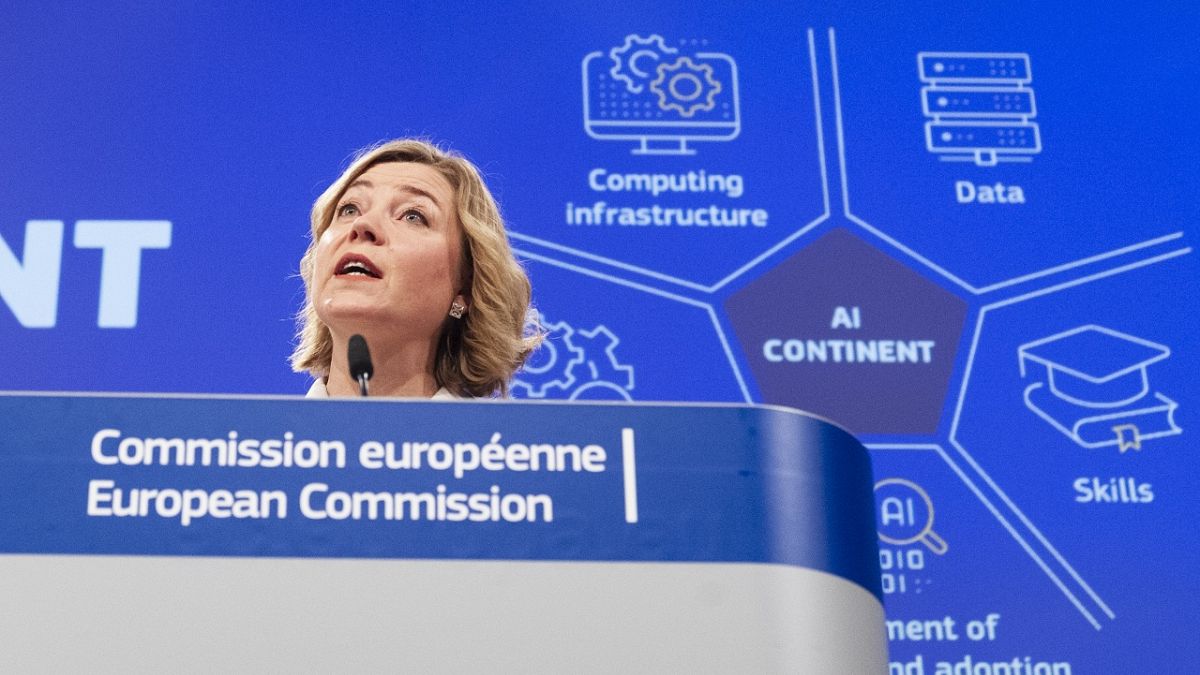

In an era increasingly shaped by technological developments, artificial intelligence (AI) stands at the forefront of change, heralding both exciting opportunities and profound challenges. Across various sectors, from governance and journalism to entertainment and technology, AI’s influence continues to expand, prompting discussions on regulation, ethical use, and its impact on our daily lives.
The European Union (EU) is preparing to implement significant provisions under its AI rulebook, a move that seeks to address national oversight, assign penalties, and manage general-purpose AI models. This comprehensive framework is not just a legal necessity but a commitment towards ensuring that AI technologies are developed and used responsibly and safely across the continent. With these new measures, Europe aims to navigate the delicate balance between innovation and regulation, ensuring that technological advancement aligns with societal values and public safety.
Meanwhile, tech giants like Microsoft and Google are pushing the boundaries of AI by enhancing traditional search engines with advanced AI capabilities. Recent tests of their AI-powered search services reveal a nuanced enhancement to existing technologies, offering users a more intuitive and responsive search experience. Such advancements underline AI’s potential to streamline and optimize everyday tasks, making technology even more integrated into the fabric of our lives.
In the media landscape, the 3rd Shusha Global Media Forum spotlighted the formidable role of AI in journalism. With representatives from 52 countries, the forum underscored the need for a global dialogue on ethical AI use, media literacy, and cross-border cooperation. AI’s influence in journalism is transforming how news is gathered, reported, and consumed, emphasizing the importance of maintaining ethical standards and fostering informed media practices.
The realm of entertainment is also being reshaped by AI, particularly in music. As AI-generated music becomes more prevalent, listeners are faced with the intriguing question: “Was that song made by AI or a human?” While some audiences are indifferent to the origins of their music, others are keen to differentiate between human and AI compositions, sparking a broader conversation about creativity and authenticity in the digital age.
In another forward-looking move, AI could soon revolutionize electric car technologies, specifically in battery charging systems. By integrating AI into battery estimation systems, the efficiency of electric vehicles could be significantly enhanced. However, this technological advancement must be approached with caution, as errors in the system could lead to serious implications, reminding us of the ongoing need for rigorous testing and safety standards in AI applications.
Amid these promising developments, the EU Commission has decided to forego proposals concerning AI liability and patents, illustrating the complexity and debate surrounding AI’s integration into legal frameworks. The decision highlights the ongoing discussions about the best ways to govern and guide AI innovation without stifling progress.
As we continue to explore the vast potential of AI, it is clear that this technology offers an array of opportunities, challenges, and discussions. Whether through regulatory frameworks, enhanced digital tools, or groundbreaking innovations, AI’s impact remains significant and multifaceted. The global community stands at an intersection of ingenuity and responsibility, tasked with shaping an AI-driven future that is equitable, ethical, and beneficial for all.
Source: {link}
